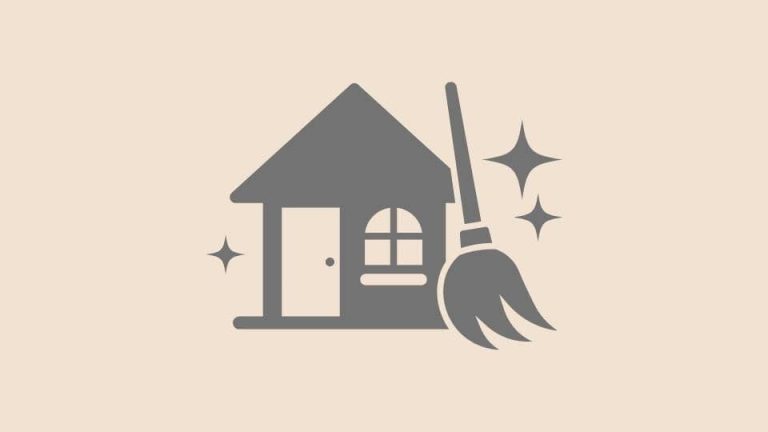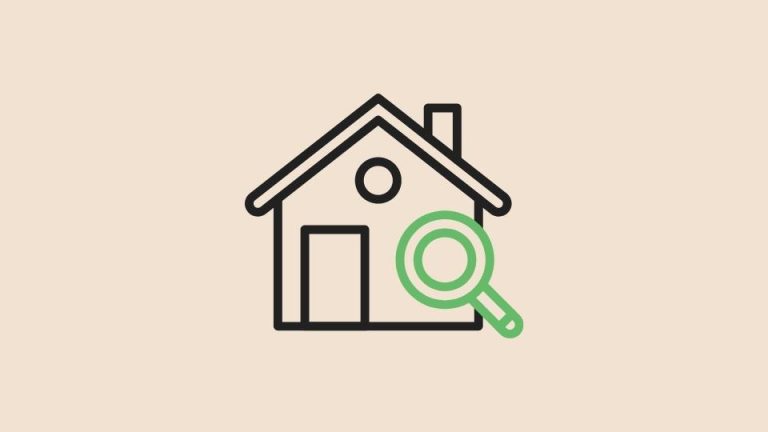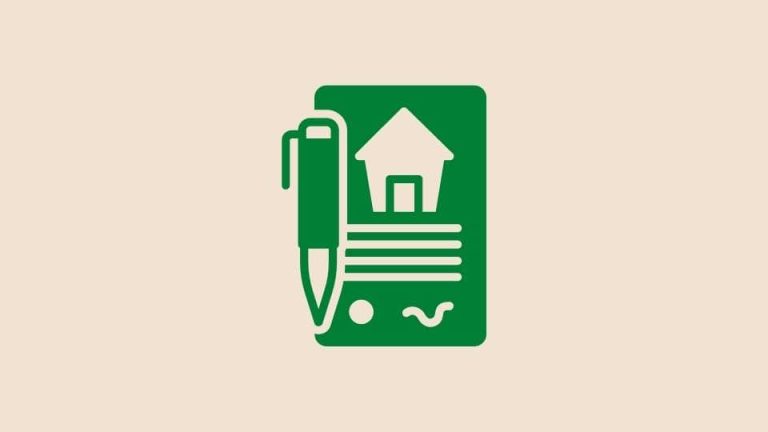Are Landlords Responsible for Pest Control in Texas?
Pests attacking your property where you live as a tenant can be frustrating and dangerous. You may have never had a problem with pests before, but now that you do, who is responsible for pest control in a rental property?
This is a common question tenants ask; unfortunately, there isn’t always a straightforward answer. The law on this issue varies from state to state, so it’s important to check your lease agreement and local ordinances to see who is responsible for pest control in your specific situation.
In general, Law in Texas states that it is the landlord’s responsibility to keep the property in a habitable condition. This includes taking steps to prevent and eliminate pests. However, there are some circumstances where the tenant may be responsible for paying for pest control services.
For example, if the tenant caused the infestation by being messy or not keeping up with proper sanitation, the landlord may require the tenant to pay for pest control.
Who is Responsible for Pest Control?
According to Texas Property law, landlords must provide property to tenants in a livable condition. It is the landlord’s duty to repair or remedy any problems that would make the property unlivable. Pest infestation is one of those conditions.
Also, If the infestation was caused by a natural disaster or other uncontrollable circumstances, the landlord is still responsible for taking care of it.
Landlords generally responsible for pests include wasps, rats, ants, spiders, termites, and cockroaches. Bedbugs may also fall under this category, depending on the situation.
The law requires landlords to take reasonable steps to prevent and eliminate pests from the property, such as seasonal pest control treatments, fixing leaks and cracks, proper garbage disposal, and so on in order to prevent an infestation from happening in the first place.
However, there are some circumstances where the tenant may be responsible for paying for pest control services.
Landlords are also not required to provide pest control services if the infestation is due to the tenant’s failure to follow proper sanitation and pest-prevention practices. In these cases, the tenant may be held responsible for the costs of pest control services.
How to Prevent an Infestation from Happening in The First Place?
As a tenant, you can do your part to prevent an infestation by following some simple pest-prevention practices:
- Keep your apartment or rental unit clean and clutter-free.
- Store food in airtight containers and dispose of garbage regularly.
- Wipe up spills and crumbs immediately.
- Don’t leave dirty dishes in the sink.
- Keep pet food and water dishes clean.
- Keep your bathroom clean and dry.
As a Landlord, you should:
- Inspect the property regularly for signs of pests and immediately take care of any problems.
- Schedule regular pest control treatments for the property, especially during peak infestation periods.
- Make sure there are no cracks or holes in the walls or floors where pests can enter.
- Fix any leaks or other water sources that could attract pests.
- Keep the property clean and clutter-free.
If you suspect that you have a pest problem, contact your landlord or property manager immediately so they can take steps to address the issue.
Landlords’ Responsibility for Pest Control in Texas
According to pest control apartment laws in texas, landlords are responsible for providing a livable rental property, which includes maintaining the property and addressing any pest infestations. While there is no specific law that requires landlords to provide pest control, they are required to ensure that the rental property is livable. This means that landlords are responsible for addressing any pest problems in the rental property.
Pests, such as insects, rats, rodents, or other small animals, can cause damage to property or pose a health hazard to humans. It is the landlord’s responsibility to be aware of any pest problems and to take appropriate steps to prevent and resolve infestations.
In the case of indoor pest control treatments at private residences that are not rental properties, a certified applicator or technician must make the pest control product label available to the customer. This ensures that the customer knows the proper use and potential risks associated with the pest control product.
What to Do if You Have Pest Problems?
If you have a pest problem, the first step is to notify your landlord or property manager. They are responsible for taking care of the issue and should have the plan to resolve the problem quickly.
If you live in an apartment complex, your landlord is required to hire a professional pest control company to spray for pests every three months.
Once you have notified your landlord of the problem, they will work with a pest control company to resolve the issue. The pest control company will inspect the property to determine the best course of action.
In most cases, the pest control company will be able to resolve the issue within a few days. If the problem is more serious, it may take longer to resolve.
Also, check:
- Can a Landlord Enter Your Backyard without Permission in California?
- How Long Does a Landlord Have to Fix Ac in Florida?
- Are landlords responsible for pest control in California?
Conclusion
Landlords are responsible for providing tenants with a habitable dwelling. This includes taking care of any pest problems that may arise. If you have a pest problem, the first step is to notify your landlord so they can take appropriate steps to resolve the issue.






